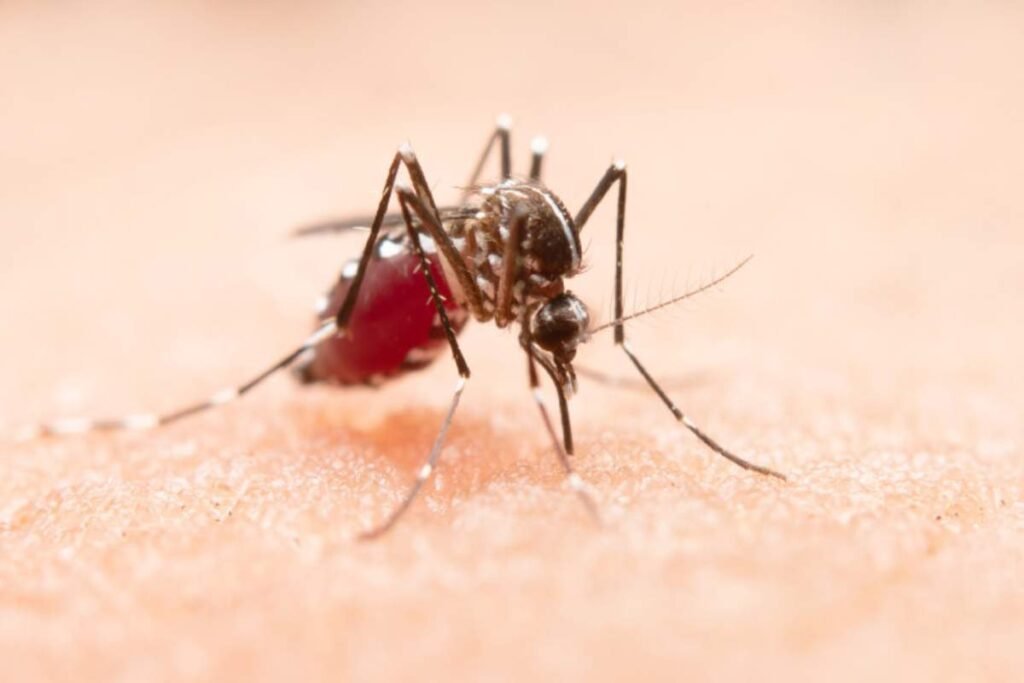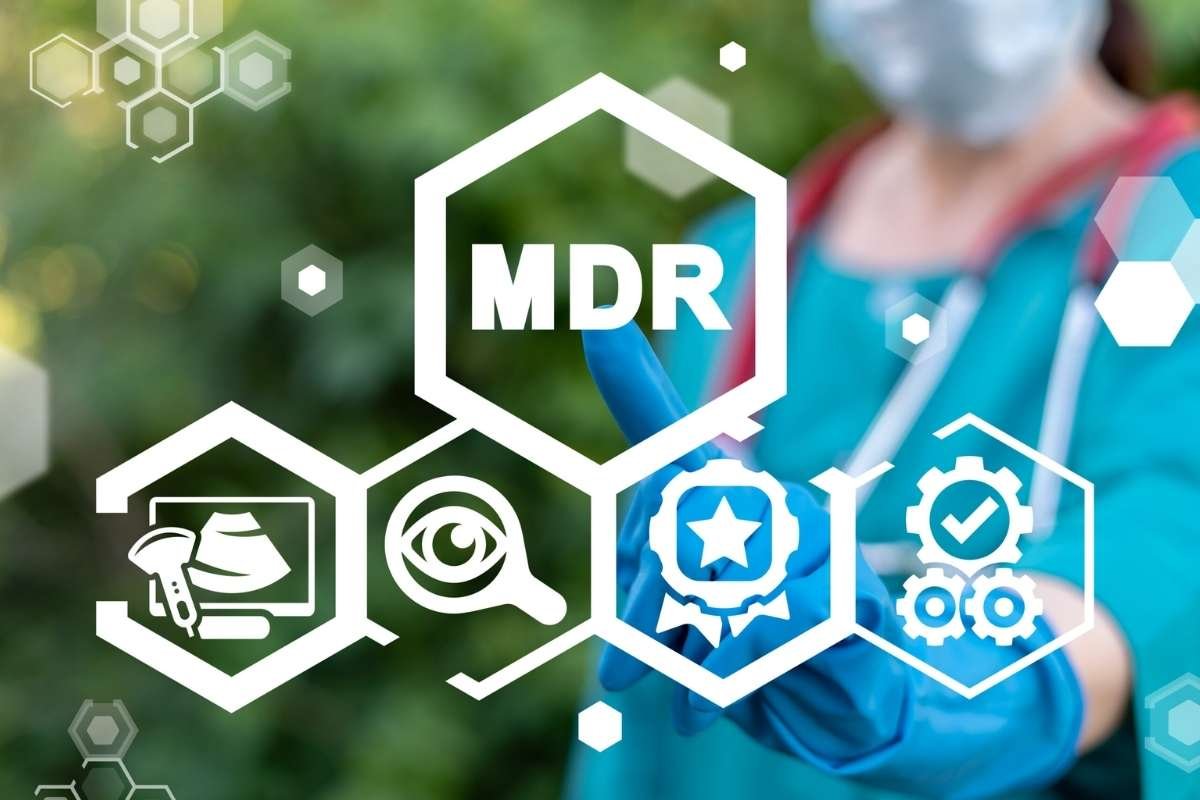[Source – inkl.com]
An Acton man has died from Eastern equine encephalitis (EEE), sparking concerns over how the state handles public announcements regarding mosquito-borne illnesses. This marks one of four confirmed human cases of EEE in Massachusetts this year, and health officials have been urging caution amid rising infection rates.
Basil Chigas, 76, passed away in early September after contracting EEE. His family told NBC10 Boston that Chigas died within a week of catching the virus. Acton Town Manager John Mangiaratti confirmed that the town learned of the death on September 5, days after it occurred.
Public Health Concerns
Following Chigas’s death, town officials issued public notifications, alerting residents to the presence of Eastern equine encephalitis and classifying Acton as a high-risk area for mosquito-borne infections. However, the notices did not disclose Chigas’s identity or mention that the infection had resulted in a fatality.
This decision did not sit well with Chigas’s son, Nick, who criticized both the state and local authorities for not being more transparent. “Why wasn’t it being more publicized from the towns and from the state? Because if it had been, my father could be alive right now,” Nick Chigas said in an interview with NBC10.
The Spread of EEE in Massachusetts
EEE is a rare but serious virus transmitted to humans through mosquito bites. This year, Massachusetts has recorded 96 EEE-positive mosquito samples, three cases in horses, and four cases in humans. Chigas was the third person in the state to contract the virus in 2024.
According to the CDC, 13 cases of Eastern equine encephalitis have been detected nationwide this year, with Massachusetts and New Hampshire each reporting four cases. EEE cases have also been confirmed in Vermont, Rhode Island, New York, New Jersey, and Wisconsin.
Massachusetts health officials have been monitoring high-risk areas, with many positive EEE samples detected in Plymouth and Worcester counties. Middlesex County, where Acton is located, was also designated a high-risk area after EEE-positive mosquitoes were found in nearby Sudbury in mid-August. Despite these findings, more extensive warnings were not issued until September 5, when the first human case in the region was confirmed.
Family Criticizes Communication Practices
The Chigas family has questioned the state’s public health communication practices, expressing frustration over what they see as delayed and insufficient warnings. “The death of our resident from Eastern equine encephalitis is a tragedy, and our sincerest condolences go out to the family, friends, and loved ones,” said Acton Town Manager Mangiaratti. He added that the town supports proactive communication during public health emergencies but acknowledged that officials were unaware of Chigas’s infection until after his death.
In response to the criticism, the Massachusetts Department of Public Health (DPH) issued a statement emphasizing their responsibility to protect both public health and patient privacy. “The decision about disclosing details of an individual exposed to EEE should be left to the families,” said a DPH spokesperson. The department tracks cases and deaths through medical records and death certificates but does not typically reveal specific details unless authorized by the family.
Preventative Measures and Ongoing Risks
Though the state has since lowered the risk level for mosquito-borne illnesses, EEE remains a concern. The season’s first EEE-positive mosquitoes were found in early July, and most human infections occur by the end of September.
There is currently no vaccine or treatment for EEE, and about 30% of people who develop severe cases of the virus die. Survivors often face long-term neurological issues, including meningitis. Most people infected with Eastern equine encephalitis do not show symptoms, but when they do, they may experience flu-like symptoms, including fever, headache, and muscle pain.
To protect against EEE, officials recommend wearing long sleeves, using insect repellent, and avoiding outdoor activities during peak mosquito hours, from dusk to dawn. It is also important to eliminate standing water around homes, which can serve as breeding grounds for mosquitoes.
As mosquito-borne illnesses remain a threat, Massachusetts DPH continues to evaluate its approach to monitoring and communicating public health risks. A review of this season’s EEE surveillance and risk management practices is already underway to improve future responses.
Did you find this news helpful? Visit more of our blogs! Healthcare 360 Magazine









